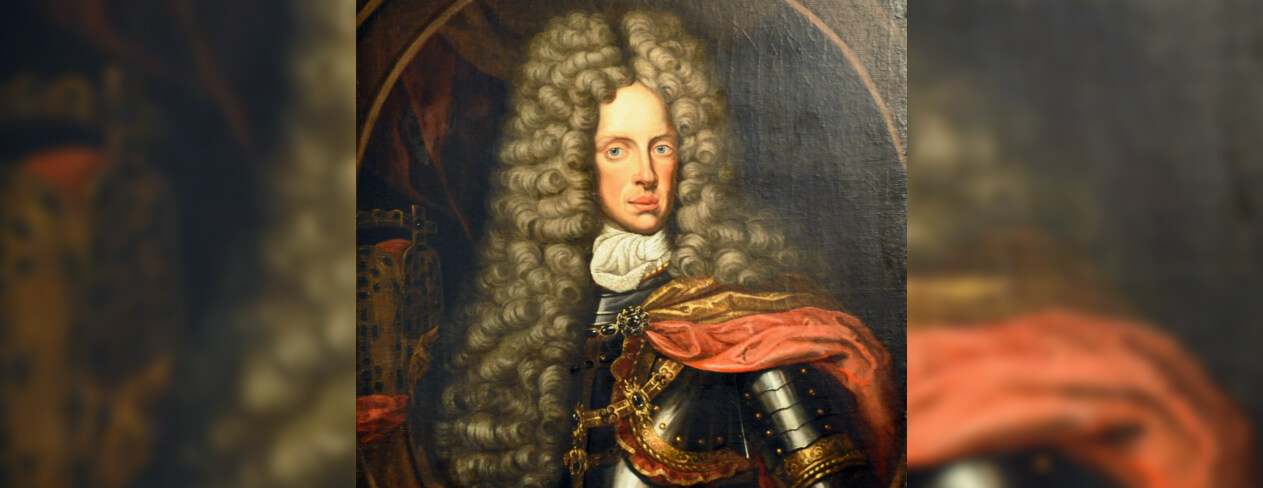
Emperor Joseph I, not yet 33 years old, passed away on 17 April 1711, after only six years on the throne. His death was one of those rare events that dramatically altered the political landscape of Europe.
Joseph had been a vigorous and determined ruler. Even as Crown Prince, he had shown strong opposition to France and firmly advocated an active military policy to defend the Habsburgs’ holdings in Italy and safeguard their dynastic interests in Spain. In these efforts, he could count on Prince Eugene of Savoy, the military genius of the age. During the early years of the War of the Spanish Succession (1700–1714), their combined leadership brought several notable victories to the imperial army. Joseph’s younger brother Charles was crowned King of Spain as Carlos III. The Spanish throne seemed firmly within Habsburg reach.
But Joseph’s sudden death from smallpox turned all these promising prospects upside down. As he left no male heir, the only viable successor to the imperial throne was his brother Charles. This, however, raised the alarming possibility of reuniting the vast Spanish and Austrian dominions under a single Habsburg ruler — something Europe had not seen since the days of Charles V in the 16th century, and an outcome the other great powers were determined to prevent. Consequently, former allies withdrew their support, and the Habsburgs lost most of their gains in Italy and Spain.
Only the so-called Spanish dream lingered in the family’s imagination for decades to come.
Access to the Metatext via placing an order for an augmented product. See Terms of Use